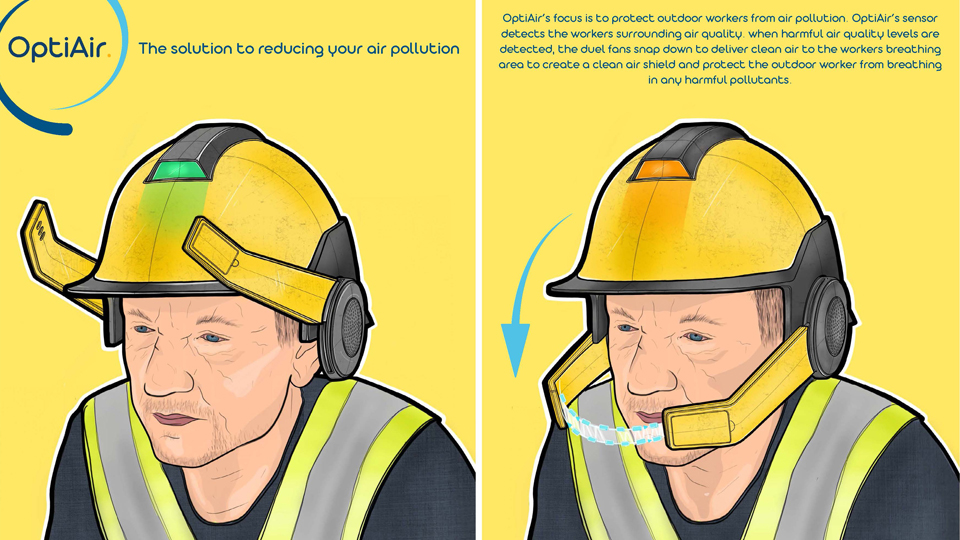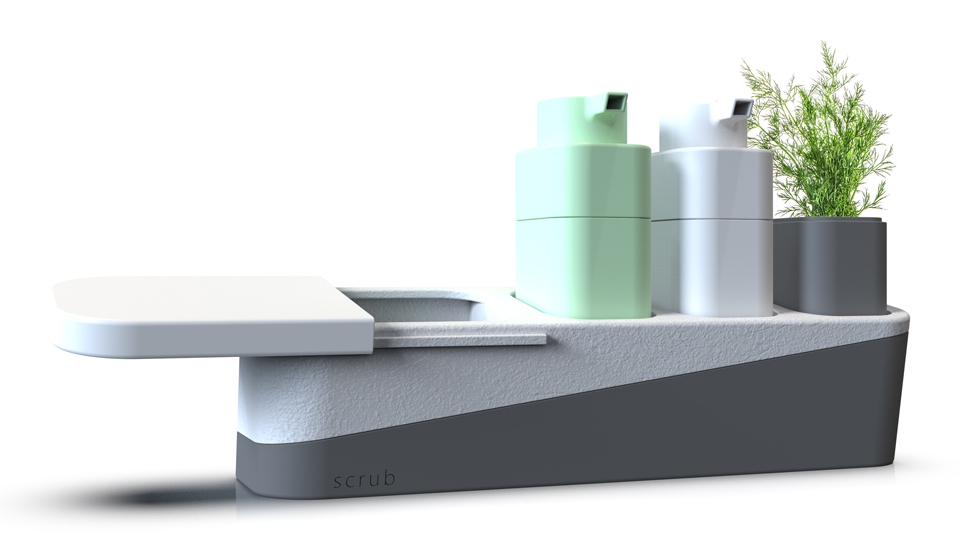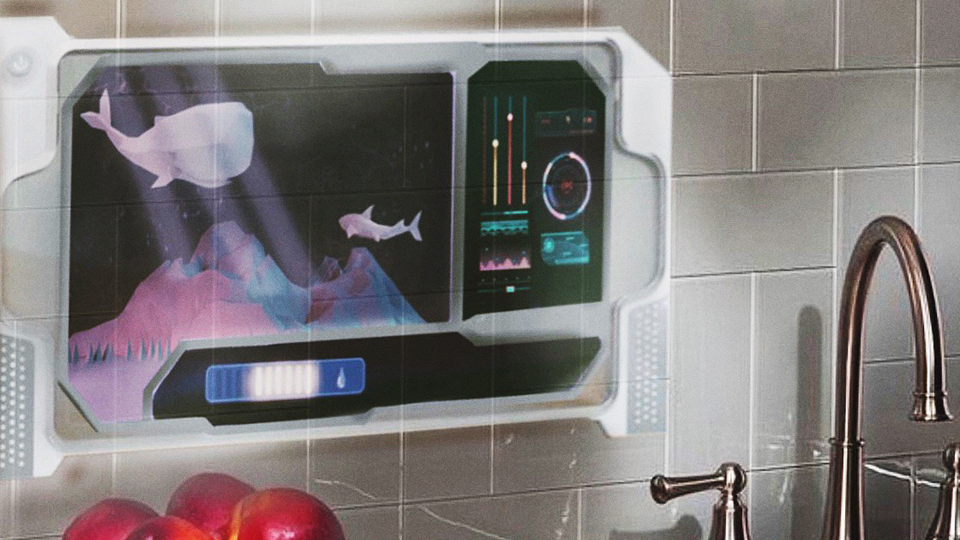As the need to Build Back Better from the Covid-19 pandemic becomes ever clearer, the environmental charity Hubbub has commended seven entries from up and coming designers, including three from Loughborough University students, from their Design By Nature competition. Design By Nature called on university students across the UK to design innovative solutions to the tough environmental challenges of fast fashion, water waste and air pollution by asking - how can design change the world?
The living briefs, based on continually changing environmental issues which affect our day-to-day lives, were:
Worried about water waste?
Fed up with fast fashion?
Exhausted with air polution?
Michelle Robb, Creative Partner at Hubbub, said:
“At Hubbub, we believe insight-led, experimental and collaborative design should be at the heart of solving environmental issues. We know new forms of design and different solutions are needed to address the scale of the environmental challenge we face. Across the UK there is a massive pool of upcoming designers with the creativity to help solve these tough issues. We’ve been so impressed by the work entered into the Design By Nature competition by upcoming designers across UK universities this year. The student’s innovative, unique approaches to tackling the three live briefs have inspired the Hubbub team. It’s been brilliant to collaborate with Universities like Loughborough and see how their students have applied the skills gained on their courses when responding to these tough environmental issues. We look forward to sharing new live briefs and collaborating with more upcoming designers in the future.”
The following students and their ideas were highly commended by the judges:
Betsy Cousins, BSc Product Design and Technology - Optiair
Awarded 'Creative Innovator' - Those who’ve harnessed their business brain to come up with the most innovative, practical solutions.
OptiAir’s focus is to protect outdoor workers from air pollution. It aims to replace one-time use respirators which are both inefficient and bad for the environment, as they are single use products; manufactured to be disposed of. OptiAir is a hardhat with a built-in respirator, a hardhat is an essential part of construction workers PPE, so having the duel fan respirator built in will ensure the user uses the system; protecting their health.


